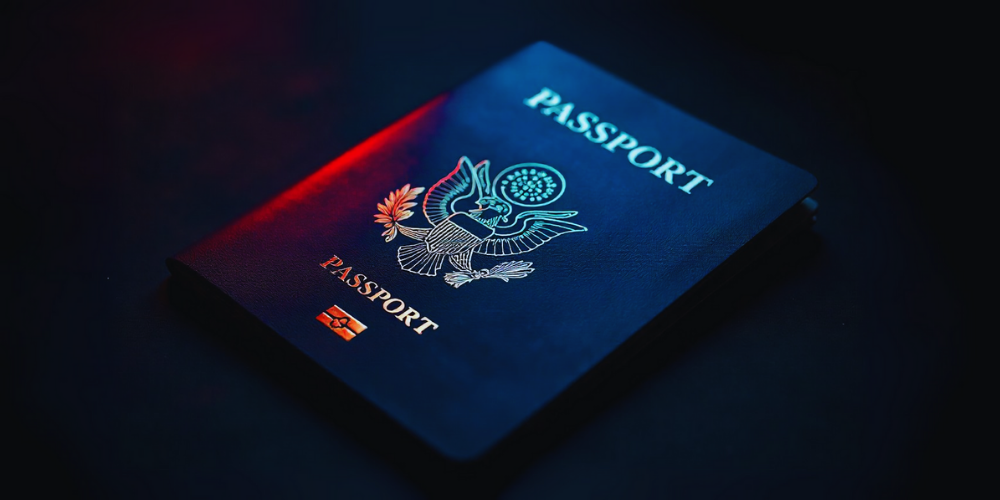--------- U.S. National Passport Travel Restrictions: 2025 Guide to Smooth Global Travel
Sep 2, 2025
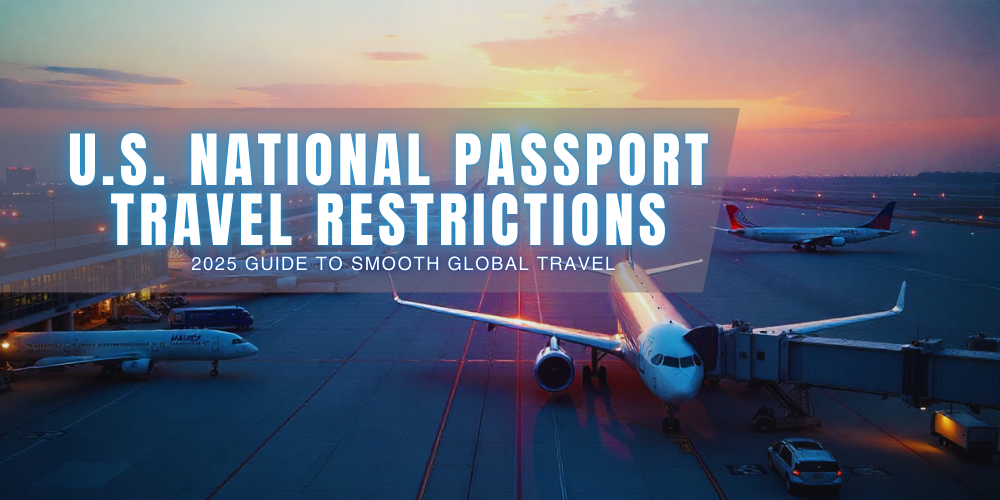
Traveling internationally in 2025 requires more than simply booking a flight and packing a bag. With passport rules evolving, geopolitical shifts, and stricter border controls, U.S. citizens must stay informed about national passport travel restrictions to ensure smooth global travel. This guide provides everything travelers need to know in 2025, from validity requirements and entry restrictions to visa policies, digital advancements, and safety regulations.
Understanding Passport Validity Rules in 2025
One of the most common reasons travelers are denied boarding is insufficient passport validity. Many countries require a passport to be valid for at least six months beyond the intended stay.
In 2025, the six-month rule remains widely enforced across Europe, Asia, and parts of South America. However, some nations, such as Canada and Mexico, only require that the passport be valid for the duration of the stay. Before traveling, U.S. citizens should always confirm the specific validity requirements of their destination country.
Additionally, travelers must ensure that their passport has at least two blank pages for stamps and visas. Several African nations and Schengen Area countries enforce this requirement strictly, and failure to comply could mean denied entry at the border.
Visa and Electronic Travel Authorization (ETA) Updates
While the U.S. passport provides visa-free or visa-on-arrival access to over 180 countries and territories, 2025 introduces new layers of requirements:
- European Travel Information and Authorization System (ETIAS): Beginning in 2025, U.S. travelers visiting most Schengen Area countries must obtain ETIAS approval before arrival. This electronic authorization, similar to the U.S. ESTA program, enhances security screening.
- United Kingdom Electronic Travel Authorization (UK ETA): U.S. citizens entering the UK must apply for an ETA before travel, covering short stays for tourism, study, or business.
- Asian Digital Visas: Countries like Vietnam, Thailand, and Japan are expanding their eVisa systems, streamlining applications while still requiring pre-approval.
Failing to secure these authorizations in advance may result in denied boarding, even before leaving the United States.
Restricted Destinations for U.S. Passport Holders in 2025
Although the U.S. passport is one of the most powerful in the world, there are still destinations that are restricted.
- North Korea: Direct travel by U.S. citizens remains prohibited without special government approval, which is rarely granted.
- Iran and Syria: Travel is possible, but entry often requires extensive visa applications, background checks, and may pose heightened safety risks.
- Conflict Zones: As of 2025, the U.S. Department of State strongly advises against travel to regions in active conflict, such as parts of Ukraine, Sudan, and Yemen.
Travelers heading to countries under sanctions or heightened political tension must be aware that their U.S. passport does not guarantee safe passage.
COVID-19 and Health-Related Travel Restrictions
While the global pandemic has receded, health-related travel policies remain in place in several regions.
- Vaccination Requirements: Some destinations, particularly in Africa and South America, require proof of yellow fever vaccination.
- Health Declarations: Asia-Pacific countries such as Singapore and Australia continue to require digital health declarations prior to entry.
- Medical Insurance Proof: Increasingly, countries in Europe and Asia request proof of travel health insurance to cover potential emergencies, ensuring that foreign visitors will not burden local healthcare systems.
Staying updated on both health advisories and entry requirements is critical for seamless international travel.
Regional Passport Restrictions and Entry Conditions
Europe
Europe remains the most popular region for U.S. travelers, but stricter border controls have been implemented. In addition to ETIAS, travelers may face enhanced security checks under the Entry/Exit System (EES), which records biometric data upon arrival and departure.
Asia-Pacific
China continues to enforce strict visa requirements, while Japan and South Korea streamline entry with digital kiosks for biometric verification. In Southeast Asia, eVisas are now the norm, but border agents may demand proof of onward travel and sufficient financial resources.
Latin America
Most Latin American countries permit visa-free travel for U.S. citizens; however, regulations regarding the length of stay vary significantly. For instance, Brazil allows 90 days, while Argentina may permit longer stays but requires registration with local authorities.
Middle East
Many Middle Eastern countries require additional scrutiny. Israel permits visa-free entry for short stays, but travel to Lebanon, Syria, or Iran can complicate re-entry due to visa stamps. Gulf countries like the UAE and Qatar offer streamlined eVisas, but proof of hotel bookings and return flights is often mandatory.
Digital Advancements in Passport Technology
By 2025, the next generation of U.S. passports will include advanced biometric security features, making them harder to counterfeit. Many airports now support eGates, which use facial recognition to speed up immigration checks.
U.S. Customs and Border Protection (CBP) also expands the use of Mobile Passport Control (MPC) apps, allowing travelers to submit their information electronically and bypass long lines upon return to the U.S.
Digital innovation enhances security but requires travelers to keep their technology updated. Carrying both physical and digital documentation is recommended in case of technical issues.
Common Reasons for Denied Entry
Even with a valid passport and visa, travelers may face denied entry if they fail to meet additional requirements:
- Insufficient Proof of Funds – Many countries require proof that travelers can financially support themselves.
- Lack of Onward Travel Ticket – Immigration officers may ask for a confirmed return or onward ticket.
- Criminal Record Checks – Some destinations, including Canada, may deny entry to travelers with certain criminal convictions.
- Previous Overstays – Travelers who overstayed visas in the past may face future travel restrictions.
Preparation is key to avoiding these complications.
Tips for Smooth Global Travel in 2025
- Renew Early: Renew your passport at least nine months before it expires. Processing times can be lengthy, especially during peak seasons.
- Check Entry Rules: Always verify country-specific requirements via official government websites.
- Use Trusted Traveler Programs: Enroll in programs like Global Entry or TSA PreCheck to expedite clearance.
- Keep Copies: Carry both digital and printed copies of your passport and visas.
- Stay Updated: Monitor U.S. State Department travel advisories for real-time updates.
Frequently Asked Questions (FAQ)
1. How long should my U.S. passport be valid for international travel in 2025?
Most countries require at least six months of validity beyond your intended stay. Always check your destination’s official entry requirements.
2. Do I need ETIAS authorization to visit Europe in 2025?
Yes, U.S. citizens must apply for ETIAS before traveling to most Schengen Area countries. This is mandatory even for short-term visits.
3. Can I travel to North Korea with a U.S. passport in 2025?
No, U.S. citizens are prohibited from traveling to North Korea without special permission from the U.S. government, which is rarely granted.
4. Will I need a visa to travel to the UK in 2025?
Not a traditional visa, but you must apply for the UK’s Electronic Travel Authorization (ETA) before your trip.
5. Do I need travel insurance to enter other countries?
While not universally required, many destinations in Europe and Asia demand proof of valid travel health insurance before entry.
6. What happens if I overstay my visa abroad?
Overstaying can lead to fines, deportation, or bans on re-entry. Future visa applications may also be denied.
7. Are digital passports accepted worldwide?
Digital passport technology is expanding, but you should always carry your physical passport since not all airports and countries have adopted digital verification.
8. Can I be denied entry if I have a criminal record?
Yes, countries such as Canada, Australia, and Japan may deny entry to travelers with certain criminal convictions.
9. How can I speed up entry back into the U.S.?
Enroll in Global Entry or use the Mobile Passport Control (MPC) app to reduce waiting times at customs checkpoints.
10. What should I do if my passport is lost or stolen abroad?
Immediately contact the nearest U.S. Embassy or Consulate to obtain an emergency replacement passport. Carrying photocopies or digital copies of your passport can help expedite the process.
Final Thoughts
International travel in 2025 offers incredible opportunities but also comes with complex rules and restrictions. By understanding passport validity requirements, visa authorizations, restricted destinations, health regulations, and digital innovations, U.S. travelers can navigate global travel more efficiently and securely. Preparation ensures that a trip abroad remains a memorable adventure, free of unnecessary complications.
Recent Articles
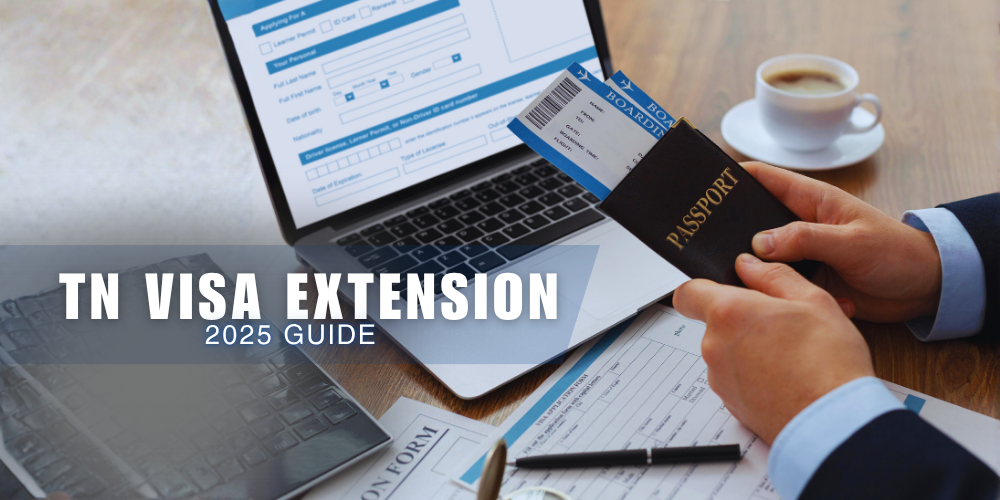
How Long Does a TN Visa Extension Take in 2025?
Time — it’s the one thing every TN professional learns to respect. Whether you’re an engi
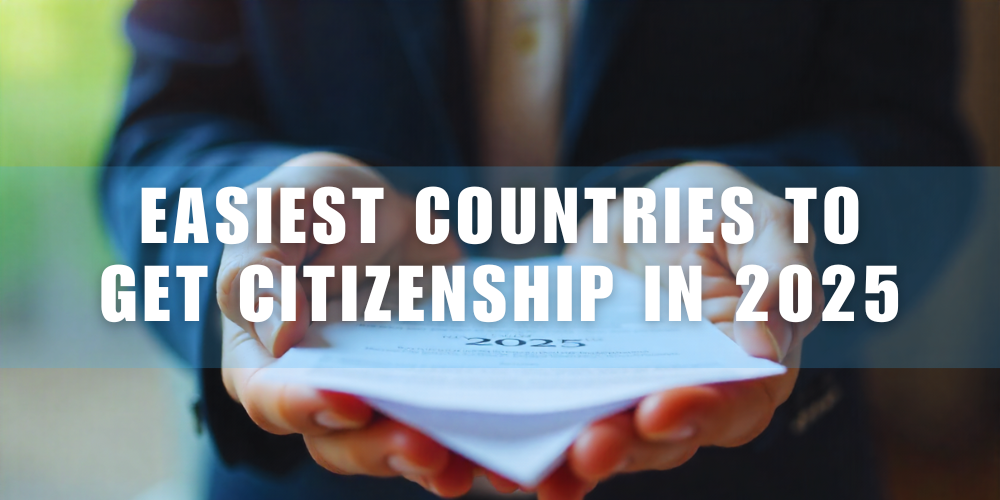
The Easiest Countries to Get Citizenship in 2025: Fast Tracks, Smart Moves, and Hidden Shortcuts
In 2025, the idea of belonging to just one nation feels almost quaint. As the world continues to shr
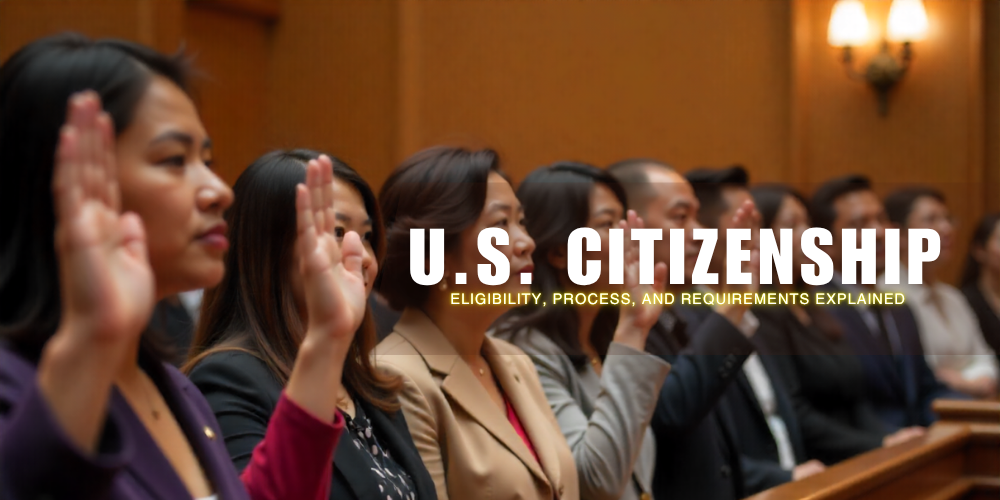
U.S. Citizenship Made Simple: Eligibility, Process, and Requirements Explained
For many, U.S. citizenship is more than just a passport—it’s a gateway to stability, opportunity
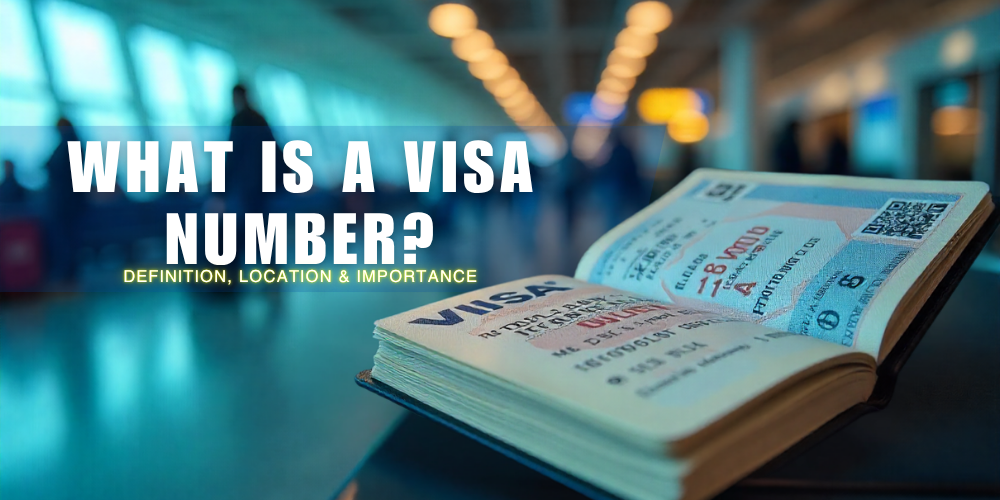
What Is a Visa Number? Definition, Location & Importance
Look closely at your U.S. visa and you’ll notice a small red number tucked away in the corner. Eas
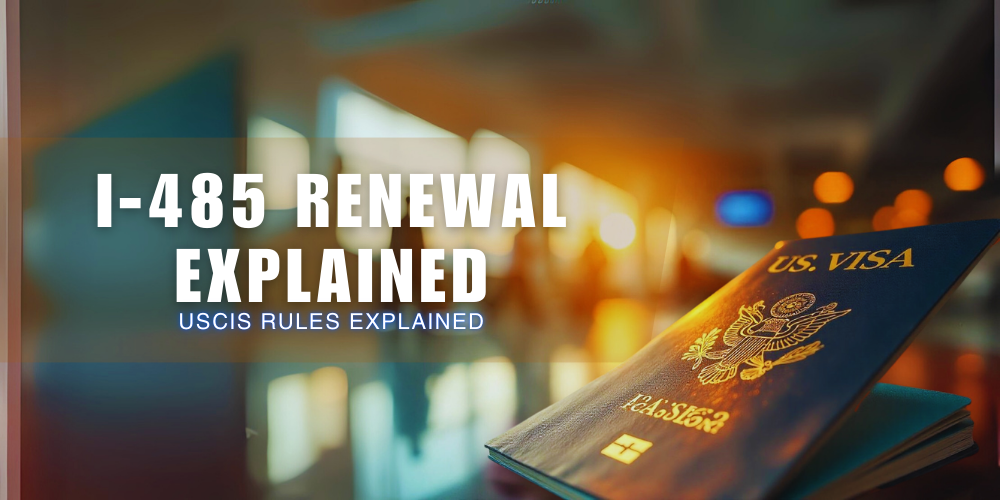
I-485 Renewal Explained: Why You Can’t Renew Form I-485 (and What to Do Instead)
When it comes to U.S. immigration paperwork, few forms spark as much confusion as the I-485. A commo

How Long Does an H-1B Extension Take in 2025? Processing Times Explained
For thousands of skilled professionals in the United States, the H-1B visa isn’t just a work permi
Read More

How Long Does a TN Visa Extension Take in 2025?

The Easiest Countries to Get Citizenship in 2025: Fast Tracks, Smart Moves, and Hidden Shortcuts

U.S. Citizenship Made Simple: Eligibility, Process, and Requirements Explained

What Is a Visa Number? Definition, Location & Importance

I-485 Renewal Explained: Why You Can’t Renew Form I-485 (and What to Do Instead)

How Long Does an H-1B Extension Take in 2025? Processing Times Explained

Welcome to the VisaTravel blog. We know that navigating the maze of visa applications and online forms can be as tricky as choosing the perfect travel playlist (which is all we want you worrying about anyway).
Throughout our years of experience, though, we’ve uncovered a mountain of knowledge which, via this blog, we’re sharing with you! Whether you're diving into the world of travel visas, wondering about the ESTA online hustle, or just trying to figure out the DS160 form, think of us as your online concierge, here to make the process easy and most of all, clear.
At this point in our global context, who has time for endless paperwork and confusing legal jargon? No one. That's why we're all about spilling the tea on online visa hacks, easier-to-work-with DS160 forms, and giving you tips on everything from tourist visas to immigration, to that last-minute ESTA online adventure.
So, just plug in a word you’re curious about on the search bar, and boom. We've got the tips, tricks, and insider info to help you (and anyone else you may be traveling with) get to your travel destination with the confidence of a seasoned traveler.
Now go explore!
 U.S. Visa
U.S. Visa
 Canada eTA
Canada eTA
 Schengen Visa
Schengen Visa
 New Zealand eTA
New Zealand eTA
 United Kingdom eTA
United Kingdom eTA
 Australia eVisitor
Australia eVisitor
 Vietnam eVisa
Vietnam eVisa
 Egypt eVisa
Egypt eVisa
 Singapore Arrival Card
Singapore Arrival Card
 Sri Lanka eVisa
Sri Lanka eVisa



